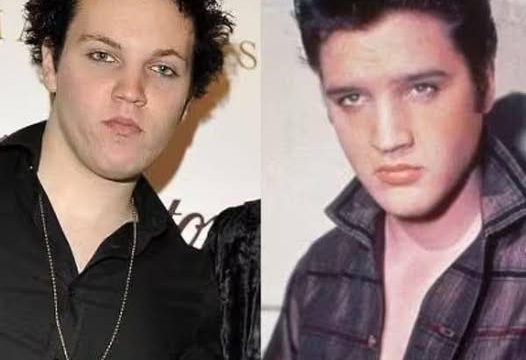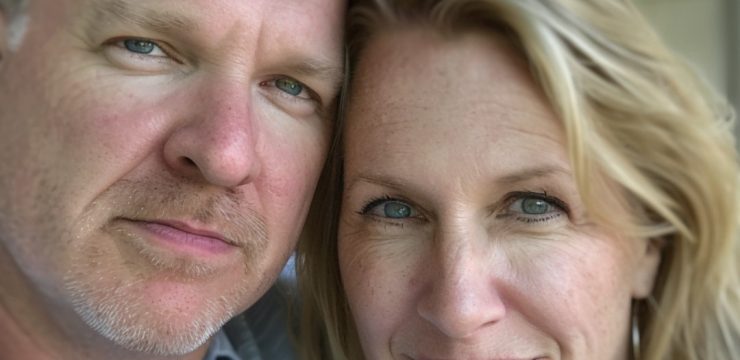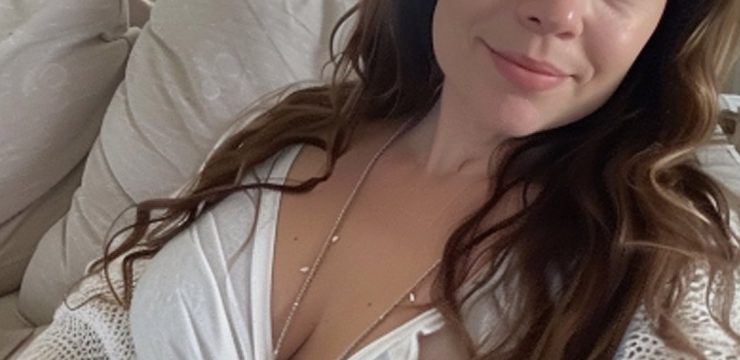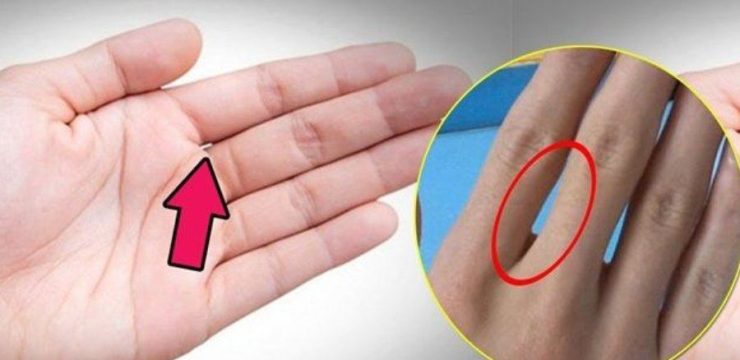Beauty has always been a subjective concept, evolving over time and across cultures. However, in recent years, there has been a significant shift in how people view beauty, particularly in America and across the globe. This movement is challenging traditional ideals, embracing diversity, and redefining what it means to be beautiful. In this article, we’ll explore the changing landscape of beauty standards, the factors driving this shift, and what it means for the future of beauty in society.
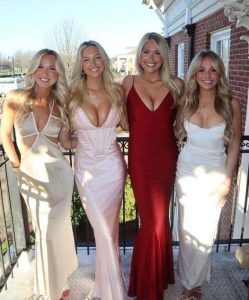
For decades, beauty standards in America were dominated by a narrow ideal—thin, tall, fair-skinned, and often with Eurocentric features. This standard was perpetuated by media, fashion, and advertising, creating a rigid mold that many people felt pressured to fit into. The consequences were far-reaching, impacting self-esteem, mental health, and societal perceptions of worth.
One of the most significant movements challenging traditional beauty standards is the rise of body positivity. This movement advocates for the acceptance of all body types, rejecting the notion that there is only one way to be beautiful. From curvy models gracing the covers of magazines to campaigns celebrating plus-sized individuals, body positivity has opened the door for a more inclusive and diverse understanding of beauty.
Alongside the body positivity movement, there has been a growing emphasis on racial and ethnic diversity in beauty. As America becomes more multicultural, so too does its definition of beauty. This shift is evident in the increased representation of people of color in media, fashion, and advertising. Brands are now recognizing the beauty in different skin tones, hair textures, and cultural features, challenging the long-standing dominance of Eurocentric beauty standards.
@angeljujubaby to be a woman is to perform. #fyp ♬ hos be lookin okay – 𝗟𝘆𝘀 🍓
Social media has played a crucial role in the changing perceptions of beauty. Platforms like Instagram, TikTok, and YouTube have given individuals the power to create and share their own beauty narratives, bypassing traditional gatekeepers. Influencers and everyday users alike are showcasing diverse looks, makeup styles, and body types, encouraging followers to embrace their unique beauty. This democratization of beauty has led to a more inclusive and varied portrayal of what it means to be beautiful.
Celebrities have always had a significant influence on beauty standards, but today’s stars are using their platforms to promote a more inclusive vision of beauty. Figures like Rihanna, Lizzo, and Zendaya have become icons for their unapologetic embrace of their unique looks and their advocacy for diversity in beauty. Their influence extends beyond their fanbase, contributing to a broader cultural shift in how beauty is perceived.
The fashion industry, once a bastion of narrow beauty standards, is slowly but surely evolving. Designers are increasingly casting models of various sizes, ages, and ethnicities in their shows and campaigns. The push for inclusivity has also led to the rise of adaptive fashion, catering to individuals with disabilities. These changes signal a broader acceptance of diverse beauty and a move away from the one-size-fits-all approach that once dominated the industry.
Representation matters because it shapes how we see ourselves and others. When diverse beauty is represented in media, it sends a powerful message that everyone is worthy of being seen and celebrated. This visibility can have a profound impact on self-esteem, particularly for individuals who have historically been excluded from mainstream beauty narratives. As representation increases, so too does the acceptance of a wider range of beauty.
The pressure to conform to traditional beauty standards has long been linked to mental health issues, including anxiety, depression, and eating disorders. The shift towards more inclusive beauty ideals is not just about aesthetics—it’s also about promoting mental well-being. By embracing a broader definition of beauty, society is helping to reduce the stigma associated with looking different and fostering a healthier, more positive self-image.
While much of the conversation around changing beauty standards has focused on women, men are also experiencing a shift in how their beauty is perceived. Traditional notions of masculinity are being challenged, with more acceptance of diverse body types, grooming practices, and expressions of self-care. The rise of male beauty influencers and products tailored to men’s unique needs reflects this growing inclusivity in the beauty industry.
American beauty standards are increasingly influenced by global perspectives. The popularity of Korean skincare, the celebration of African hairstyles, and the adoption of bold makeup trends from Latin America all point to a more interconnected and culturally rich understanding of beauty. This global exchange is breaking down barriers and encouraging a more open-minded approach to beauty.
Despite the progress, the movement towards more inclusive beauty standards faces challenges. Traditional ideals still hold sway in many areas, and there is often resistance to change. The beauty industry must continue to push for inclusivity and representation, ensuring that these changes are not just a passing trend but a lasting transformation.
As society continues to evolve, so too will our understanding of beauty. The future of beauty lies in diversity, inclusivity, and the celebration of individuality. Brands, influencers, and consumers alike will play a crucial role in shaping this future, advocating for a world where everyone’s unique beauty is recognized and celebrated.
The movement towards changing beauty standards is more than just a trend—it’s a revolution. As America and the world at large embrace a more inclusive and diverse definition of beauty, we are breaking free from the constraints of traditional ideals. This shift is not just about how we look but how we feel about ourselves and each other. By celebrating our differences and redefining what it means to be beautiful, we are creating a more accepting and empowering world for all.
